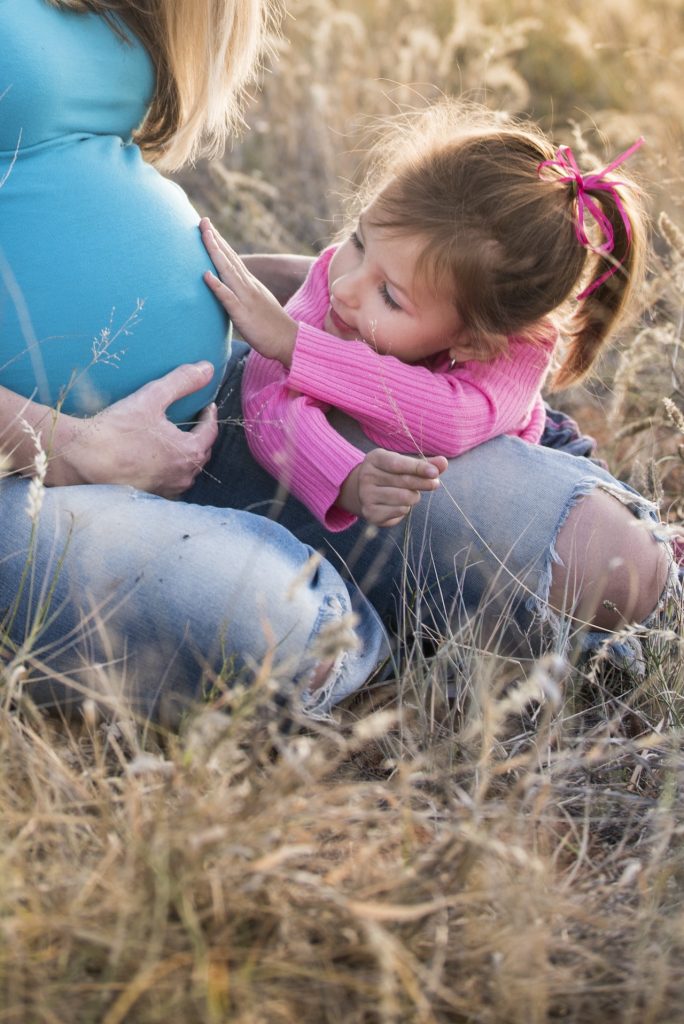How Much Wine Can You Drink While Pregnant? Here Are The Facts
Is wine safe during pregnancy? This question and variations of it have been typed into Google’s search bar millions of times.
All major medical organizations agree: drinking any alcohol during pregnancy, including wine, can cause fetal alcohol spectrum disorders (FASD). These conditions include birth defects, brain injury, and other disabilities. But there’s good news: if someone does not drink any alcohol during pregnancy, their child will not have an FASD.
In honor of FASD Awareness Month, Proof Alliance is joining us with some facts. Established in 1998 as the Minnesota Organization on Fetal Alcohol Syndrome, Proof Alliance partners, collaborates, and advocates for greater funding of services, further development of awareness, and an FASD-free future.
Six Reasons Why People May Drink During Pregnancy
Drinking during pregnancy can be a complicated issue. There are many reasons people may continue to drink during this time, leading to prenatal exposure to alcohol. These include:

1. Not knowing they are pregnant in the first place
Most people quit drinking when they find out they are pregnant, but almost half of these instances are unplanned. Most people do not get the news until four weeks or more after conception, and before that time, they may unwittingly drink alcohol.
2. Not knowing the risks related to drinking during pregnancy
Some people may not be aware of the downsides of drinking during pregnancy. They may have heard incorrect information—or no information at all.
3. Hearing incorrect information from a doctor
Many doctors are not sharing the facts: that there is no known safe amount of alcohol during pregnancy. Some doctors may not have been trained on how to have these conversations with patients, which can cause uncomfortable feelings of being unprepared.
Patients and their partners report wanting information on alcohol use during pregnancy, and it’s critical that health care providers recognize the important role they play in preventing FASD.
4. Knowing someone who drank during pregnancy, with no apparent negative effects
According to the latest data, the number of alcohol-exposed pregnancies has risen from one in nine in 2019, to one in seven in 2021. If someone has a friend who drank alcohol during pregnancy but their child does not have an FASD diagnosis, they might think that drinking alcohol during this time is safe—and then may choose to drink themselves. However, alcohol affects each person differently. (One of the best examples: even twins with the same level of alcohol exposure can have different effects.
Since there is no way to confirm how alcohol will affect a given individual, the safest choice while pregnant is not to drink any alcohol at all. Even light drinking during pregnancy poses a risk.
5. Being part of a community where drinking is the norm
Alcohol use is legal and generally acceptable in the United States. Even binge drinking is relatively common: one in six adults engage in the behavior. But excessive drinking during pregnancy can be especially dangerous for the fetus.
6. Having an alcohol use disorder
Nearly 5% of people in treatment for substance use are pregnant, and resources are available for those who need extra support during this time. However, many people experience barriers when trying to use these services, such as stigma and guilt. When people feel ashamed or judged for their drinking, either of these can prevent them from seeking help.
Providing Support, Healing, and Growth
The Families Healing Together programming at Proof Alliance provides judgment-free space for support, healing, and growth for people who drank during pregnancy—as well as those who need extra help to remain alcohol-free while waiting for the baby to arrive. Proof Alliance is working to stop the guilt and stigma often associated with alcohol use disorder and FASD, and helps individuals and families affected to reach their full potential.
And for those who are planning a family and seeking help to cut down on alcohol, Ria Health offers an evidence-based method that works for most people. Using telehealth, medications, and counseling, people can learn to drink less or—crucial during pregnancy—not to drink at all.
Thank you to Michelle Raven, Digital Communications and Marketing Manager at Proof Alliance, for writing this article.
Other resources:
- The Health Resources and Services Administration (HRSA) National Maternal Mental Health Hotline
- National Institute on Alcohol Abuse and Alcoholism
- NIAAA Alcohol Treatment Navigator
- Centers for Disease Control and Prevention
- Substance Abuse and Mental Health Services Administration’s National Helpline
- MotherToBaby
- American College of Obstetricians and Gynecologists
- American Academy of Pediatrics
Will insurance cover treatment? Verify Coverage
Have Questions? Call (800) 504-5360


